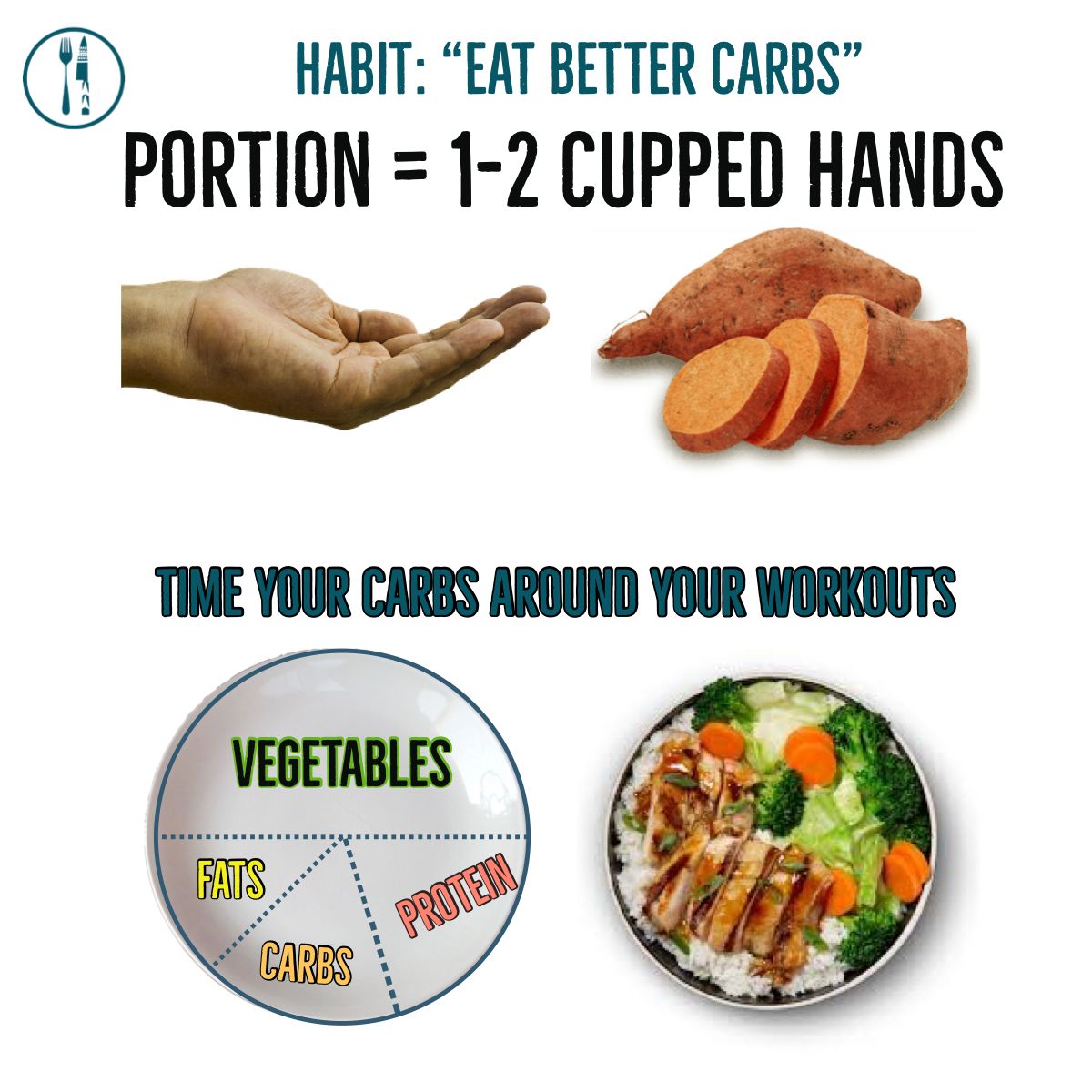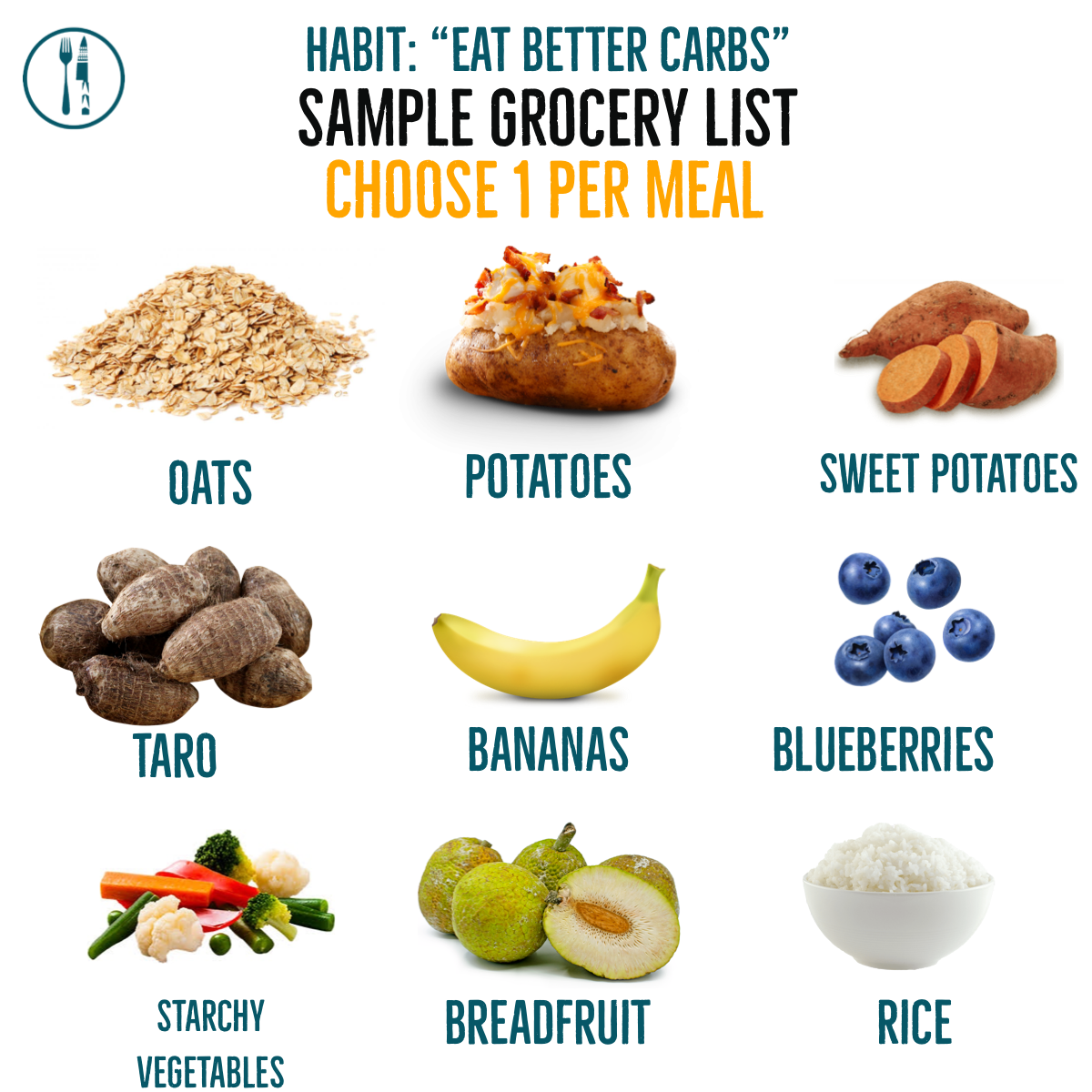
Check Out the Healthiest Populations Worldwide that Thrive on High-Carb Diets!
In nutrition and fitness, carbohydrates often get a bad rap. Diet fads and popular culture have labeled carbs as the enemy, blaming them for weight gain and a host of other health issues.
However, the truth is more complicated than that. Carbohydrates are not inherently bad (no food is inherently “good” or “bad”). In fact, many of the healthiest populations worldwide thrive on high-carb diets.
The key lies in the type of carbs consumed, the level of food processing involved, and overall calorie intake.
The Benefits of Carbohydrates
Carbohydrates are a vital macronutrient, providing the primary source of energy for our bodies.
They fuel our brain, muscles, and other vital organs, essential to our overall health and well-being. Naturally occurring, unprocessed carbs, such as those found in fruits, vegetables, whole grains, and legumes, are packed with essential nutrients, fiber, and antioxidants.
Societies Thriving on High-Carb Diets
1. The Okinawans**
The people of Okinawa, Japan, are famous for their longevity and low rates of chronic diseases. Their traditional diet is high in carbohydrates, particularly from sweet potatoes, which make up about 60% of their daily caloric intake. Okinawans also consume plenty of other vegetables, legumes, and whole grains, with minimal processed foods. Their diet is rich in fiber, vitamins, and minerals, contributing to their exceptional health and long lifespan (Buettner, n.d.; Willcox, Willcox, & Suzuki, 2001; Willcox, Willcox, Todoriki, & Suzuki, 2009).
2. The Kitavans**
The Kitavan people of the Trobriand Islands in Papua New Guinea have a diet that consists of about 70% carbohydrates. Their primary sources of carbs are tubers, fruits, and vegetables. The Kitavans have low rates of cardiovascular disease, diabetes, and other chronic illnesses. Despite their high carbohydrate intake, they maintain excellent health and lean body compositions, largely due to their diet of whole, unprocessed foods (Lindeberg et al., 1994; Lindeberg, n.d.).
3. The Mediterranean Diet**
The traditional Mediterranean diet, followed by populations in countries such as Greece and Italy, is high in carbohydrates from whole grains, fruits, vegetables, and legumes. This diet is also rich in healthy fats from olive oil and nuts, with moderate consumption of fish and dairy. Numerous studies have shown that the Mediterranean diet is associated with a reduced risk of heart disease, stroke, and certain cancers. The emphasis on whole, minimally processed foods is a significant factor in its health benefits (Dinu, Pagliai, Casini, & Sofi, 2018; Mayo Clinic, 2022; Zacharias, 2013).
The Problem with Processed Carbs
While unprocessed, whole-food carbohydrates can be highly beneficial, the issue arises with highly processed carbs. Foods such as white bread, pastries, sugary cereals, and other refined products are stripped of their natural nutrients and fiber, leading to rapid spikes in blood sugar and increased hunger. Processed carbs are often high in added sugars and unhealthy fats, contributing to excessive calorie intake without providing the necessary nutrients. This leads to nutrient deficiencies and a higher risk of chronic diseases.
Processed foods are also designed to be hyper-palatable. This means they are engineered to taste exceptionally good, which makes it easier to overconsume them. This overconsumption is a significant contributor to weight gain and associated health problems. When we consume more calories than our bodies need, it can lead to fat accumulation and metabolic disturbances, regardless of the macronutrient profile.
So, processed carbs do have some benefits, particularly in providing quick, accessible energy during high-intensity activities like sports or endurance training. Foods like energy bars, sports drinks, and gels, which are processed for convenience and fast digestion, can be valuable tools for athletes needing rapid fuel during exercise. These processed carbs can enhance performance and recovery when you use them strategically in physically demanding situations.
Embracing Healthy Carbohydrates
To reap the benefits of a high-carb diet, focus on consuming whole, unprocessed foods. Incorporate a variety of fruits, vegetables, whole grains, and legumes into your meals. These foods are rich in fiber, vitamins, minerals, and antioxidants, supporting overall health and preventing chronic diseases.

Tips for Healthy High-Carb Diets:
– Choose whole grains such as quinoa, brown rice, oats, and whole wheat products.
– Include a wide range of colorful fruits and vegetables in your diet.
– Opt for legumes like beans, lentils, and chickpeas for a protein-rich carb source.
– Avoid sugary beverages, snacks, and highly processed foods.
– Pay attention to portion sizes and balance your meals with healthy fats and proteins.

To conclude, carbohydrates are not the enemy. When consumed as part of a balanced diet rich in whole, unprocessed foods, they provide essential nutrients and energy that our bodies need to thrive. Societies that consume high-carb diets, such as the Okinawans, Kitavans, and those following the Mediterranean diet, demonstrate that it is possible to enjoy good health and longevity with a carbohydrate-rich diet.
The key is to focus on the quality of the carbs you eat, avoiding processed foods and embracing the natural goodness of whole foods. Additionally, being mindful of overall calorie intake is crucial. Overconsumption, particularly of processed foods, is a primary factor in weight gain and metabolic issues. By choosing nutrient-dense, unprocessed carbs, you can enjoy the benefits of a high-carb diet while maintaining optimal health.



